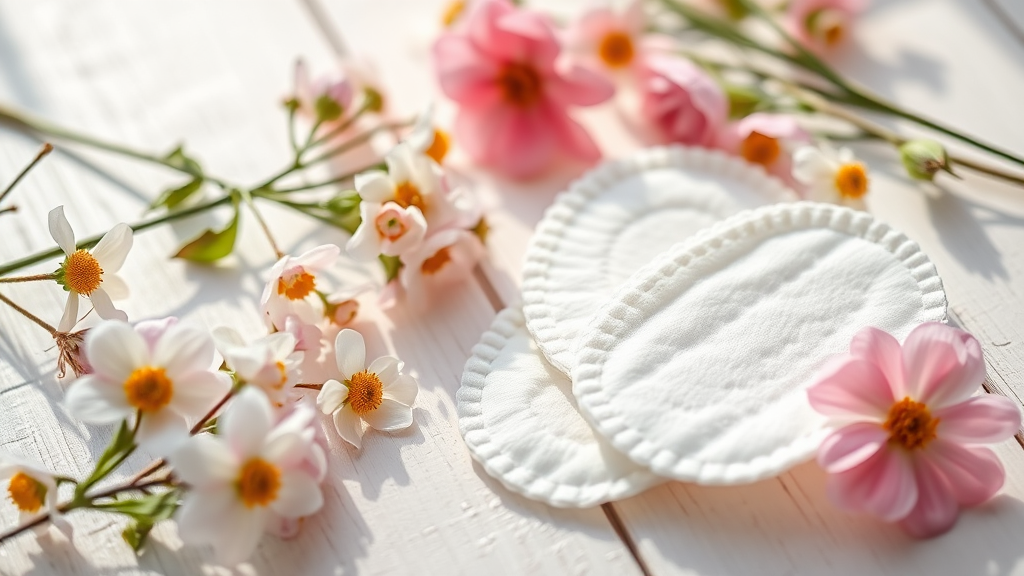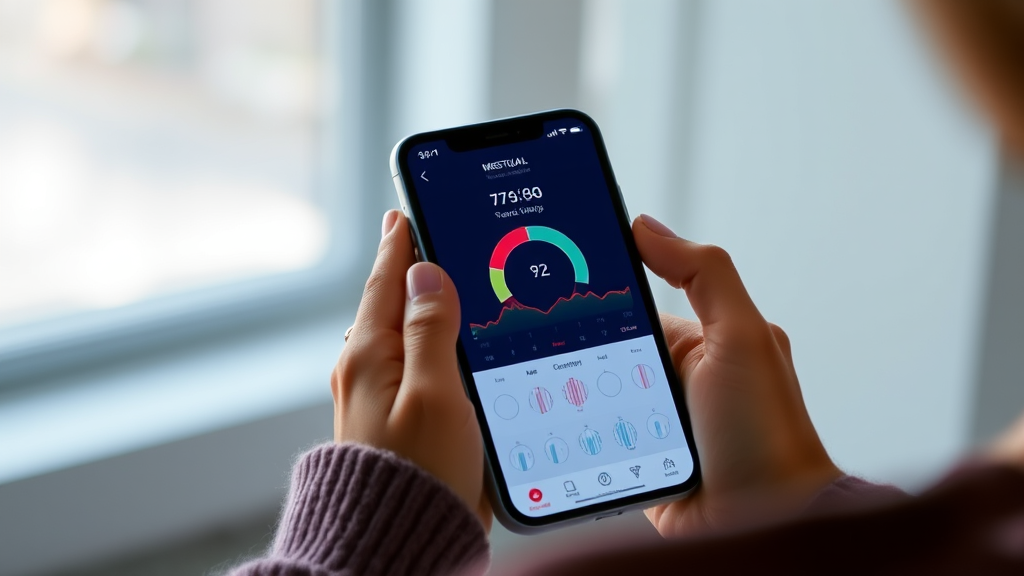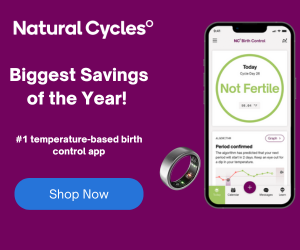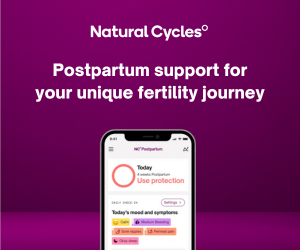For most of my twenties, my period was just something I dealt with. Cramps, mood swings, cravings, foggy brain—it all felt random. I took painkillers, kept a few tampons in every bag, and called it “normal.” No one told me that my cycle wasn’t just about bleeding once a month—it was connected to how I think, feel, work, and show up in the world.

It wasn’t until I started tracking my cycle that things started to click. Not with a basic calendar app or reminders from Google, but with intention. I started reading, observing patterns, and actually understanding what my body was trying to say. I didn’t expect it to affect my mental health, but it did—more than I can explain in one paragraph.
The cycle isn’t just physical
Before I go on, let me say this: I’m not a doctor, and this isn’t medical advice. What I’m sharing is just my own experience of what changed when I started learning about my cycle beyond the surface.
Most of us learn about menstruation in terms of “period week” and “non-period week.” But there are four distinct phases: menstrual, follicular, ovulatory, and luteal. Each one comes with its own hormonal shifts, and those shifts affect how you feel emotionally too.
I didn’t realize how much my irritability in the second half of the month was tied to my luteal phase. I thought I was just burnt out. But it turns out that’s when progesterone peaks and estrogen drops, and for many people, that’s when anxiety, fatigue, and negative thoughts are most intense.
Understanding that took away a lot of self-judgment. I wasn’t lazy or overly sensitive—I was just in a phase where my body needed different things.
Hormones run deeper than you think
I had been on hormonal birth control for years. Like a lot of people, I started young without fully understanding what it did to my body. When I decided to stop taking it, it wasn’t some bold anti-pill stance—I just wanted a break.
But after stopping, I felt like I was waking up in my own body for the first time in a long time. My emotions felt more layered but also more honest. I started using Natural Cycles, a hormone-free birth control app that tracks ovulation using body temperature. It felt weird at first, trusting a thermometer and an app over a pill, but I quickly got used to it.

Natural Cycles doesn’t just show you red or green days—it actually gives insight into how your cycle works. I started noticing patterns in my sleep, energy, even productivity at work. I started planning my schedule around it when I could—deep work in the follicular phase, creative stuff in ovulation, lighter tasks when I was in luteal.
I know it sounds like a stretch, but it’s real. I felt more in sync with myself. Less surprised by mood shifts. More compassionate with my own ups and downs.
Cycle awareness = self-awareness
This part might sound cheesy, but I don’t care—it’s true. The more I learned about my cycle, the more I understood myself. It became less about control and more about cooperation.
I stopped pushing myself to perform the same way every day. I stopped ignoring the signs my body gave me. And most importantly, I started taking my mental health seriously—not just when it got bad, but when I noticed early signs like feeling withdrawn or overly sensitive.
Using Natural Cycles helped me visualize it all. I could see patterns I’d never seen before. It wasn’t a fix-all, but it became a tool I relied on—quietly in the background, helping me stay grounded in the middle of all the noise.
Period talk needs to grow up

Most conversations about periods are still stuck in the “carry extra pads and hide them up your sleeve” phase. But periods are part of a bigger system—a system that tells you what’s going on inside your body, month after month.
And yet, a lot of us don’t get taught this. We learn to manage symptoms, but not to understand them.
It’s not about becoming obsessed with tracking or turning your body into a science project. It’s about listening. About paying attention. And honestly, once I did, I felt calmer. Clearer. More in control without actually trying to control everything.
Even now, years later, I still get surprised by how much my mood is tied to where I am in my cycle. But I don’t feel helpless anymore. I know when to expect the dip. I know when I need to go easier on myself. That alone has made a massive difference in my mental health.
Final thoughts
I’m not saying everyone should stop using hormonal birth control. That’s personal. What I am saying is that there’s power in understanding your cycle, no matter what method you use. And if you’ve ever felt disconnected, burnt out, or just confused about your body’s signals, this might be something worth exploring.
For me, Natural Cycles wasn’t just a birth control app—it became a way to reconnect with my body on my own terms. No hormones, no guesswork, no shame. Just awareness—and that’s something I wish I’d had ten years earlier.
Last modified: June 9, 2025








